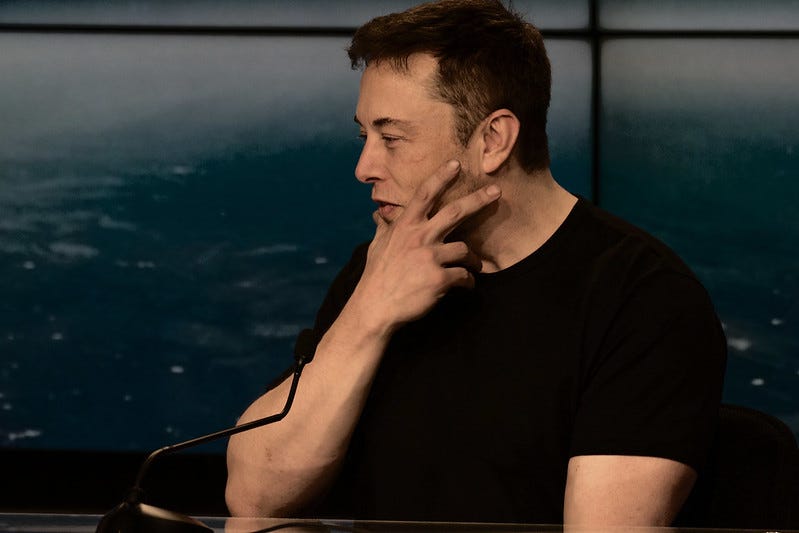Elon Musk Is Not Taking His Own Advice
Musk wanted a 'content moderation council' to avoid a few execs making decisions on the fly. Too bad he's not doing that.

On April 25, after announcing his intent to buy Twitter for $44 billion, Elon Musk tweeted, "I hope that even my worst critics…


